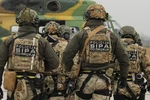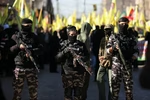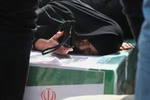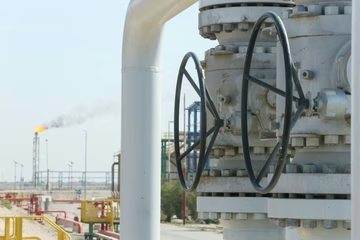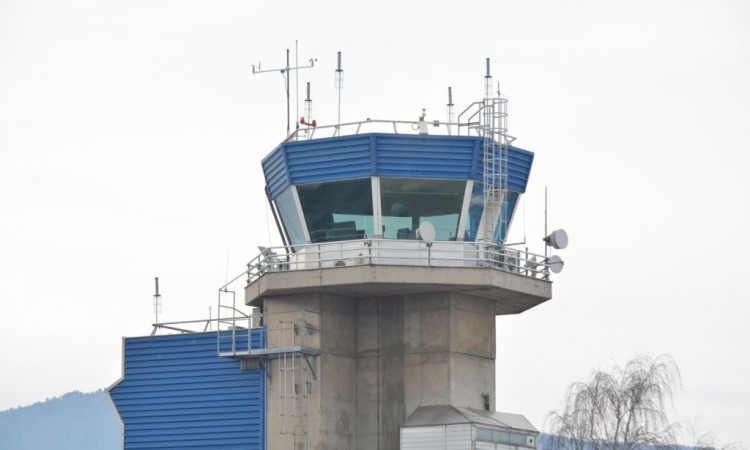
Vasilja Grdjica Street, a narrow road with no sidewalks, remains open despite plans to permanently close it on 14 August. The street, which serves around fifty households, runs alongside the southwest fence of Sarajevo International Airport. The airport administration plans to close the road to extend the runway by 500 meters, allowing larger, intercontinental aircraft to land in Bosnia and Herzegovina's capital. This project is seen as a potential economic boost for the region.
However, the project has ignited a dispute between the entities of Republika Srpska (RS) and the Federation of Bosnia and Herzegovina (FBiH). The planned extension crosses the administrative boundary between the two entities, a line that has never been precisely marked on the ground despite being defined in the Dayton Peace Agreement nearly 30 years ago.
The disputed Vasilja Grdjica Street crosses this inter-entity boundary twice, moving from RS into FBiH and back again. The boundary is roughly sketched on maps but remains unmarked on the ground, leading to confusion and disagreements over jurisdiction.
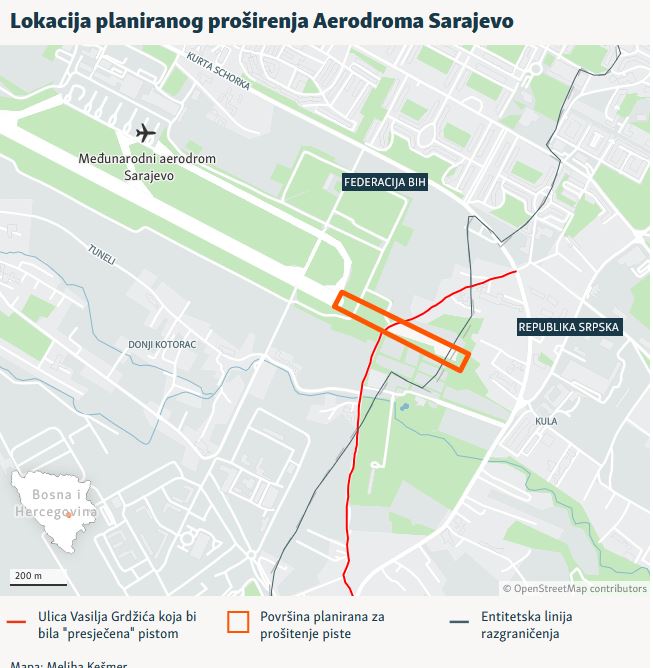
For residents of Grdjica Street, the road closure is a serious concern. The street winds through a small community of homes, orchards, and gardens and connects to the M-18 highway, which loops around the airport. During a peaceful protest on 20 August, local resident Ankica Trapara stated that the street was built and paved by the residents themselves, without any government assistance. They are now demanding that authorities provide a suitable alternative route if the road is to be closed, Radio Free Europe reports.
A nearby car rental business sees the runway extension as an inevitable economic advancement. An employee, who wished to remain anonymous, told Radio Free Europe that while the road closure might inconvenience some, the benefits of increased tourism would outweigh the drawbacks. He suggested that the problem could be resolved by building an alternative road and organizing a school bus for children.
Not all residents oppose the airport’s plans. One woman, who lives near the beginning of the street and did not participate in the protest, believes that the airport has the right to develop its property, as the land was purchased for this purpose decades ago. She acknowledges that the road closure might cause some inconvenience but feels it is a manageable issue.
Further down the street, residents closer to the Kasindolska River may face more significant disruptions. The runway extension would cut off their most direct route to the Dobrinja neighbourhood, where schools and medical facilities are located. Although an alternative route is available, it adds distance to their journey.
The Sarajevo International Airport has obtained all necessary permits from relevant institutions to proceed with construction. The airport authorities note that the project will not disrupt local residents or block access to their properties. They also highlight that the airport fence, which borders the runway extension, doubles as a state border for Bosnia and Herzegovina.
However, the Republika Srpska (RS) entity authorities dispute the legality of the construction permits, claiming that they were issued for land that belongs to the RS. The RS Geodetic and Property Affairs Administration argues that the Federation (FbiH) entity Ministry’s permit violates RS territory and vows to block any construction that infringes on their land.
Miroslav Vujicic, an RS representative in the BiH Parliament and a candidate for mayor of Istocna Ilidza, has voiced strong opposition to the project. He accuses the FBiH of attempting to seize RS land and sees the airport expansion as a threat to RS sovereignty. His stance is part of a broader political strategy as he campaigns for the upcoming local elections.
On the other side, Marinko Bozovic, the current mayor of Istocna Ilidza, dismisses the controversy as election-year politics. He argues that Istocna Ilidza should capitalize on its proximity to the airport to attract businesses and create jobs, rather than stirring up political tensions. Bozovic also points out that the inter-entity boundary has never been accurately defined, making it difficult for local governments to address such issues.
Ultimately, the dispute over the airport expansion reflects broader political divisions in Bosnia and Herzegovina. While the runway extension could bring significant economic benefits, unresolved territorial and political issues continue to hinder progress. Both sides call for dialogue, but for now, the project remains stalled in a web of legal and political complications.
Kakvo je tvoje mišljenje o ovome?
Učestvuj u diskusiji ili pročitaj komentare





 Srbija
Srbija
 Hrvatska
Hrvatska
 Slovenija
Slovenija















